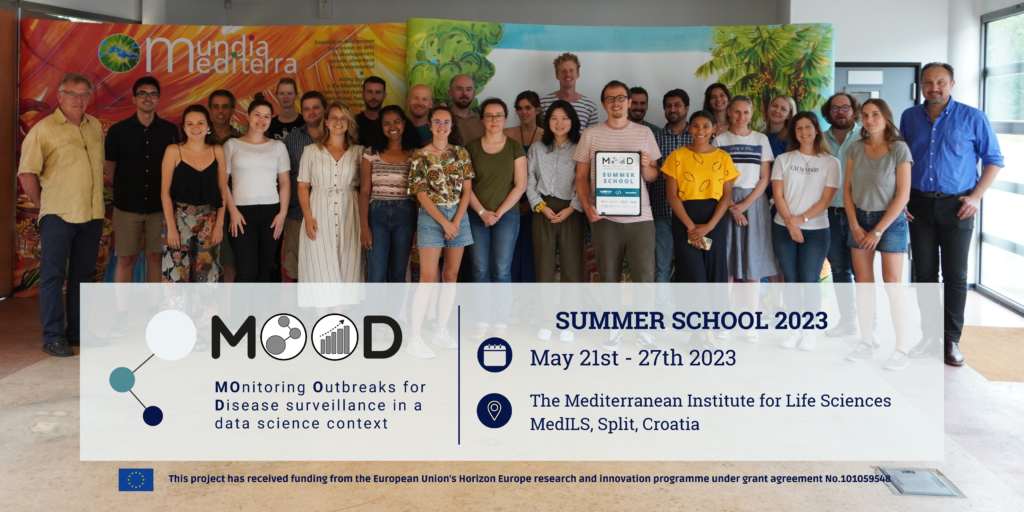
This summer school will be the second edition of MOOD’s capacity building event, planned for improving knowledge on epidemic intelligence for disease surveillance, including identification of re-emerging infectious diseases and antimicrobial resistance, the changing drivers fueling disease spread, and surveillance and early warning techniques in pandemic threats. During these 6 days, hands-on skills improvement through the use of MOOD tools will be highlighted, as well as online materials such as data processing tutorials. You can watch the lectures of MOOD’s 2022 Summer School on the TIB Portal.
This year’s theme will be:
“GeoSpatial under the OneHealth Umbrella”
Program:
https://mood-h2020.eu/wp-content/uploads/2023/05/Program-MOOD-Summer-School-3.pdf
Lecturers:

Elena Arsevska
MOOD project coordinator Elena Arsevska is also a veterinary epidemiologist within Cirad in Montpellier, with a demonstrated history of working in the research industry. Skilled in risk-based surveillance, data science, emerging infectious diseases, she has a PhD in Digital Disease Surveillance from Paris-Sud University (Paris XI), Faculty of medicine. During the second edition of the MOOD Summer School, she will host a session on the basics of epidemic intelligence and biosurveillance, as well as the hackathon on Day 4 of the event.
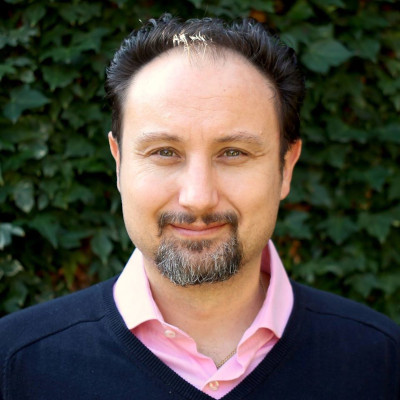
Tomislav Hengl
Tom Hengl is the co-founder of OpenGeoHub Foundation, and leader of the Work Package “Dissemination, project sustainability, and impact assessment” of the MOOD project. He is leading the organization of hackatons, workshops and summer schools. His core activities revolve around Machine Learning for spatial and spatiotemporal data science problems, development of automated mapping methods for web-based mapping and open information systems. He is also specialised in applied spatio-temporal data analysis, Machine Learning, spatial modeling, GIS. During the second edition of the MOOD Summer School, he will lead a session on reproducible research in R, as well as another one on Spatio-temporal modelling of the risk of tick infestation in GB using EHRs.
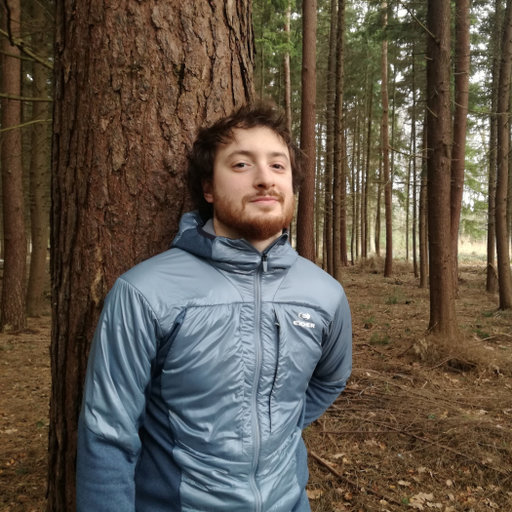
Daniele Da Re
Daniele is a Msc in Environmetal Biology Graduate and had a PhD in Biogeography at the Université catholique de Louvain (BE), which was co-supervised by the Université Libre de Bruxelles (BE). He is interested in spatial analysis and in spatial modelling applied to biodiversity and epidemiology, and currently works on modelling the spatial distribution of disease vector population dynamics at local scale and livestock density distribution at global scale. ORCID id. Linkedin page. During the second edition of the MOOD Summer School, he will host three sessions, one will be an introduction to species distribution modeling (SDM) with R, the other focused on dynamic population models for mosquitos, and the last revolving around health / point data.

Carmelo Bonannella
As a PhD candidate and research within OpenGeoHub Foundation, Carmelo focuses on data science projects such as GeoHarmonizer and the MOOD H2020 project. He has a background in forestry science, with a specialization in forest resources monitoring and management through geospatial data science applications and time series analysis. ORCID id. Linkedin page. During the second edition of the MOOD Summer School, he will host an introduction to covariate data for SDM, as well as one on Ensemble Machine Learning with R.
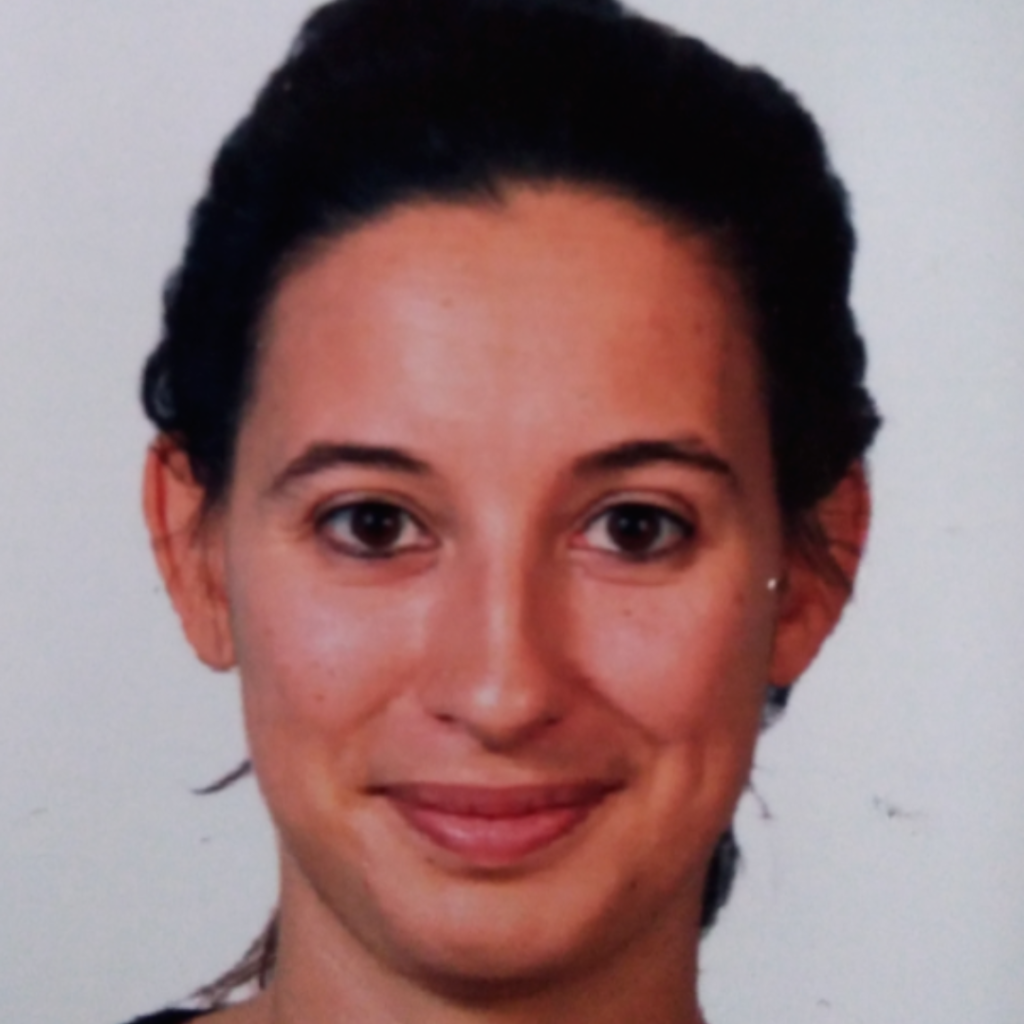
Pachka Hammami
Pachka is a modeler and epidemiologist specialized in epidemiological models for metapopulations and network dynamics. Working at CIRAD (UMR ASTRE), she is currently studying the spatial and temporal variability of the risk of dengue outbreak in metropolitan France through vector (Ae. Albopictus) population dynamics and host (human) mobility. ORCID id. Linkedin page. During the MOOD Summer School, she will host a session on population dynamic models for mosquitos.

Sarah Houben
Sarah is a scientist within Avia-GIS. During the MOOS Summer School, she will host a session on the MOOD platform and covariate data access, query and manipulation.
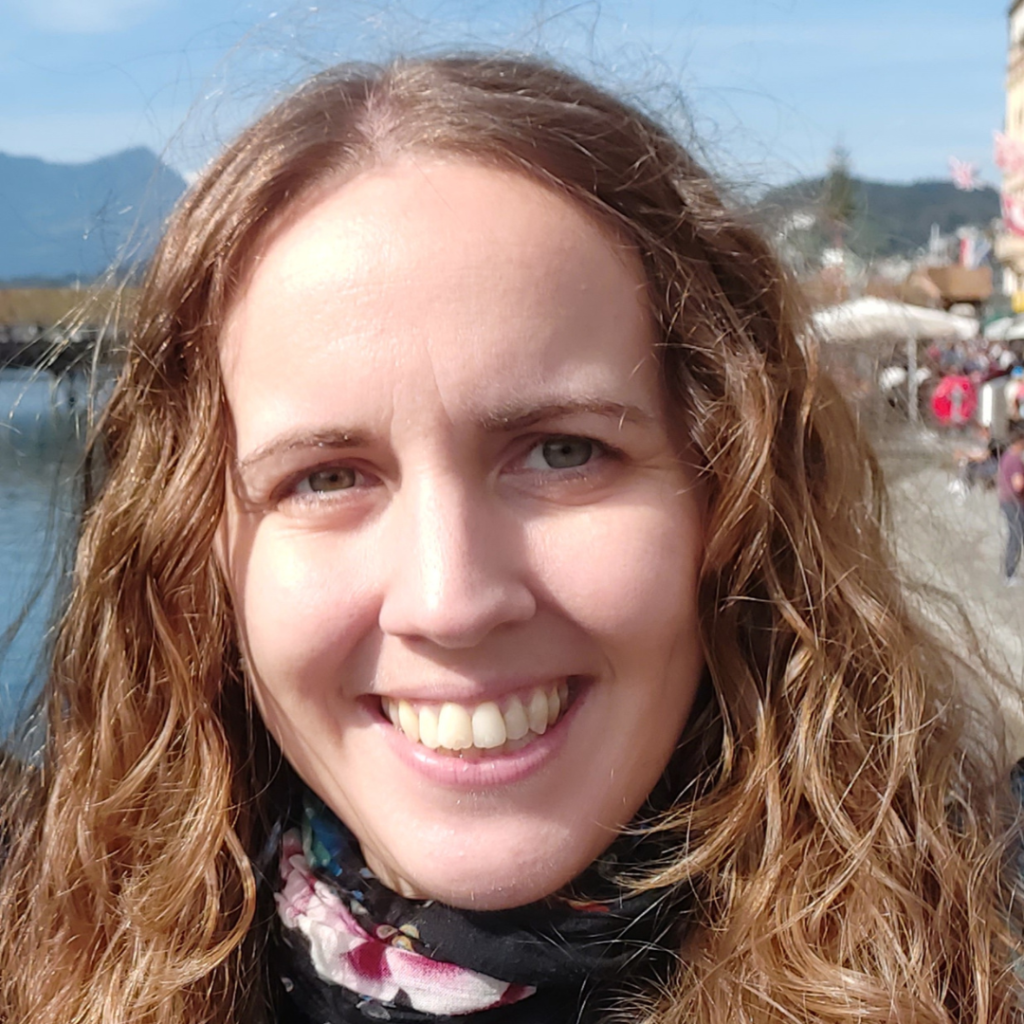
Laura Espinosa
Laura Espinosa is an Epidemic Intelligence Expert at the European Centre for Disease Prevention and Control (ECDC). She is a public health veterinarian specialised in food safety, public health and One Health at the Complutense University of Madrid and University College Dublin. ORCID id. Linkedin page.She has experience in epidemiology, microbiology and preparedness and response of public health threats at national and international level. She has been involved in ECDC activities related to multi-country foodborne outbreaks in the European Union, Zika epidemic in the Americas, Ebola virus disease outbreaks in West Africa and Democratic Republic of the Congo, and COVID-19 pandemic, among others. She is currently leading the digitalisation of early detection of threats through artificial intelligence and new technologies. During the MOOD Summer School, she will host a remote session entitle “epitweetr tool and R package”.
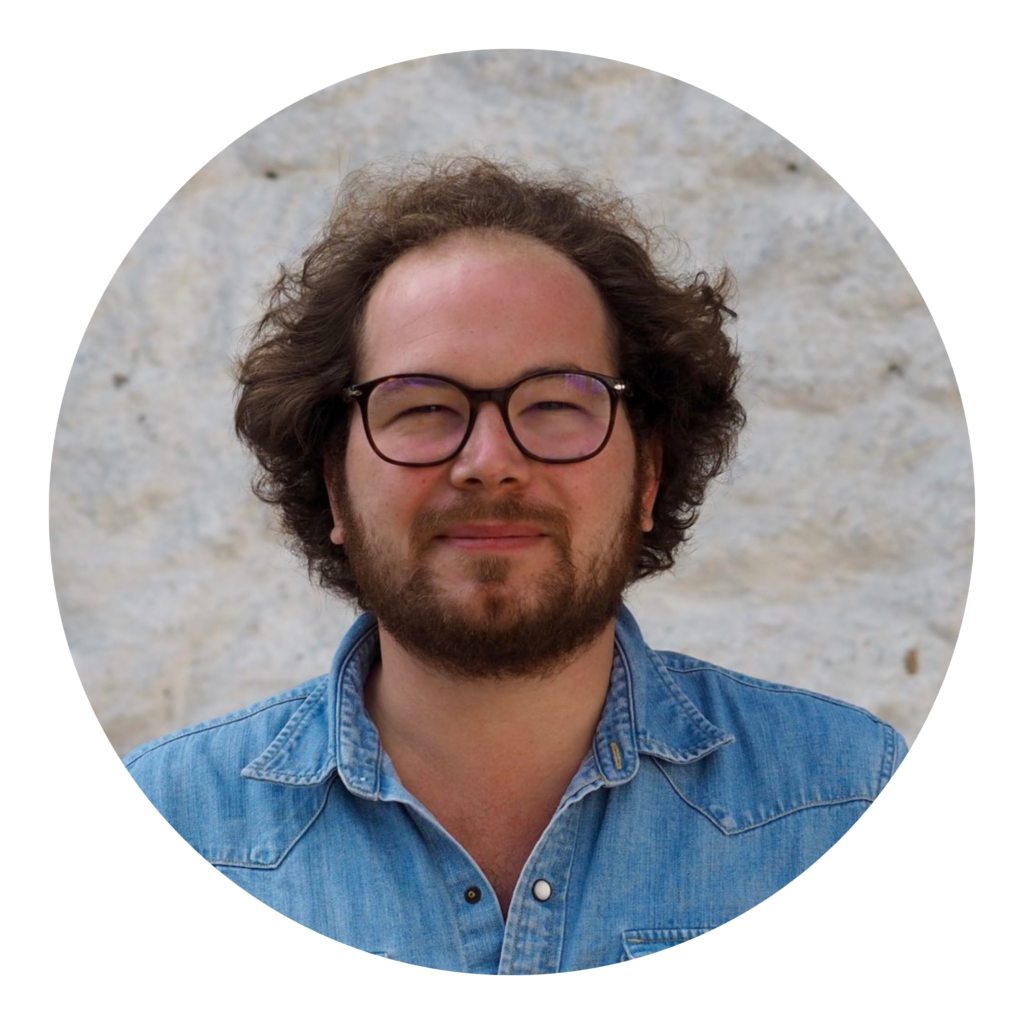
Timothée Dub
Timothee Dub is MOOD project deputy coordinator, as well as senior expert in the department of Health security of the Finnish institute for Health and Welfare (THL). Dr Dub is a public health medical doctor trained in epidemiology and a graduate from the European Programme for Intervention Epidemiology Training (EPIET, cohort 2017). His activities mainly focus on vector-borne, emerging infectious and vaccine preventable diseases, as well as outbreaks investigations.

Diana Erazo
Diana is an environmental engineer interested in the effects of environmental change in infectious disease dynamics. During her PhD at the University of Los Andes (Colombia, 2018), she studied the impacts of oil palm plantations in the parasite transmission of Chagas disease. Afterwards, she did a one-year post-doc in the Vignuzzi lab at Institut Pasteur (2018-2019) and a second post-doc in the group of Andy Fenton at the University of Liverpool (2019-2021). Her current work throws light on the future of rodent-borne disease transmission dynamics under future climate conditions and human mobility. During the MOOD Summer School, she will host a session on Cross-validation of SDM models with R, as well as one on Disease mapping using media data.
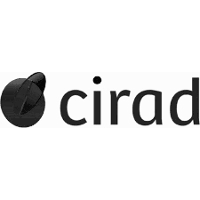
Mehtab Syed
Mehtab is a researcher within Cirad. During the MOOD Summer School, he will host a session on Mining media data for improved disease surveillance, accompanied by MOOD coordinator Elena Arsevska.
Venue:
MedILS, Split, Croatia
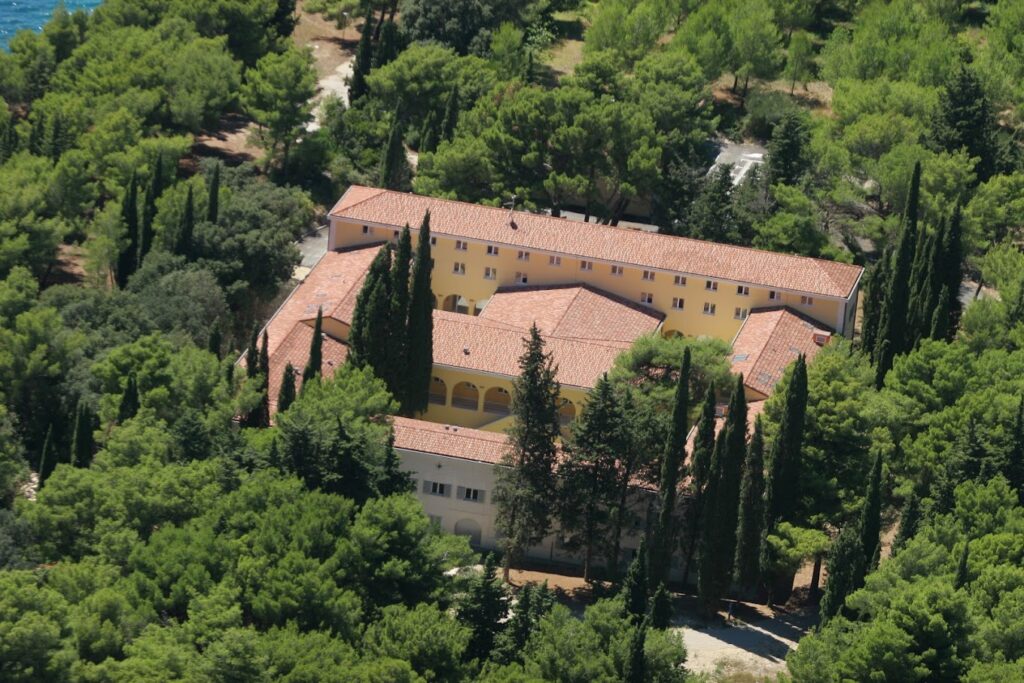
Applications, Registrations, Fees & Cancellation:
Applications and Registrations:
This Summer School is sponsored by the MOOD Horizon 2020 project, and organized in collaboration with OpenGeoHub foundation and Cirad. Applications to participate are now closed. If you have been invited / selected to receive the scholarship for participating in this Summer School, please make sure you complete your registration by March 31st! Note that if you miss the deadline, you will automatically withdraw your application and the next person on the waiting list will be contacted.
Fee :
Summer School fees: There are no fees BUT ALL PARTICIPANTS should take part in the hackathon.
The event, coffee breaks, and lunches are sponsored by the Europe Horizon-2020 project MOOD.
Important Dates:
29th November 2022: Applications open
1st of February 2023: Applications close
10th of February 2023: Selection for scholarship and invitation
31st March 2023: Registrations close
1st April 2023: Official program out
21-27th: Summer School
Target communities:
1. Analytical epidemiology researchers
2. Young researchers (Master, PhD, postdoctoral researchers) interested in machine learning and disease mapping, disease modeling, disease ecology, spatial prediction, One health (MOOD & outside MOOD)
3. R spatial epidemiology community
Technology in use:
- Zoom breakout rooms with Q&A, polls, and similar;
2. Mattermost channels for internal questions, screen sharing, and markdown/code snippets;
3. Computational notebooks on Github.com and Gitlab.com.
Organisers:
Cirad, the french organism for agronomy research and international cooperation for the sustainable development of tropical and Mediterranean regions, is in charge of the coordination of the MOOD project.
OpenGeoHub Foundation, an independent not-for-profit research foundation promoting Open Source and Open Data solutions, has more than 15 years of experience in organizing and running Summer Schools. Every year, they invite researchers and specialists who they think are especially active (and successful) in developing open-source software and open data and helping other researchers improve their analysis and modeling frameworks.
Video recordings:
All lectures will be video recorded using Zoom webinar functionality in HD quality. Subject to the approval of the presenters the videos will be uploaded to the TIB-Av Portal and MOOD website, and a DOI will be assigned to each talk. Lecturers will be asked to accept the general recording conditions and sign a license agreement. Copyright of the videos will be assigned to the presenters as in standard Open Access material.
Q&As
What if I want to withdraw my application?
Before the deadline of March 31st : After being granted the scholarship, you can cancel your application without consequences by NOT SENDING proof of travel and accommodation (your registration will then not be valid) and by SENDING an e-mail to ‘media-office@opengeohub.org’.
After the deadline of March 31st : You can still cancel before the beginning of the Summer School by sending an e-mail to ‘media-office@opengeohub.org’ but you will have to deal with the cancellation policies of your travel and accommodation.

